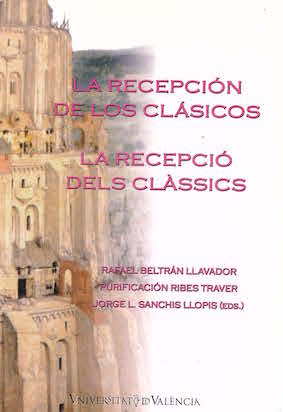Aphra Behn’s (Non)Canonicity as a Restoration Playwright
DOI:
https://doi.org/10.7203/qf-elit.v10i0.5109Keywords:
Aphra Behn, Restoration drama, canon, women’s writing Abstract
Abstract
Aphra Behn was a very popular and successful Restoration dramatist, very prolific and second only to Dryden in the production of plays. This does not mean that she was exempt from hard criticisms on the part of some members of the literary world, which has, no doubt, influenced the reception of her work in later centuries. In fact, she disappeared from the literary canon from the eighteenth century onwards only to be rediscovered in the twentieth century, thanks especially to feminist criticism. In this paper, we have selected and analysed fragments from some of the prefaces, prologues and letters to readers that she wrote, which confirm that, having been part of the canon of the Restoration, she was left out just for the fact of being a woman.
 Downloads
Downloads
Downloads
Published
How to Cite
-
Abstract223
-
PDF (Español)412
Issue
Section
License
 Este obra está bajo una licencia de Creative Commons Reconocimiento-NoComercial-SinObraDerivada 4.0 Internacional.
Este obra está bajo una licencia de Creative Commons Reconocimiento-NoComercial-SinObraDerivada 4.0 Internacional.
Authors who publish with this journal agree to the following terms:
- Authors retain copyright and grant the journal right of first publication with the work simultaneously licensed under a Creative Commons Attribution License that allows others to share the work with an acknowledgement of the work's authorship and initial publication in this journal.
- Authors are able to enter into separate, additional contractual arrangements for the non-exclusive distribution of the journal's published version of the work (e.g., post it to an institutional repository or publish it in a book), with an acknowledgement of its initial publication in this journal.
- Authors are permitted and encouraged to post their work online (e.g., in institutional repositories or on their website) prior to and during the submission process, as it can lead to productive exchanges, as well as earlier and greater citation of published work (See The Effect of Open Access).




